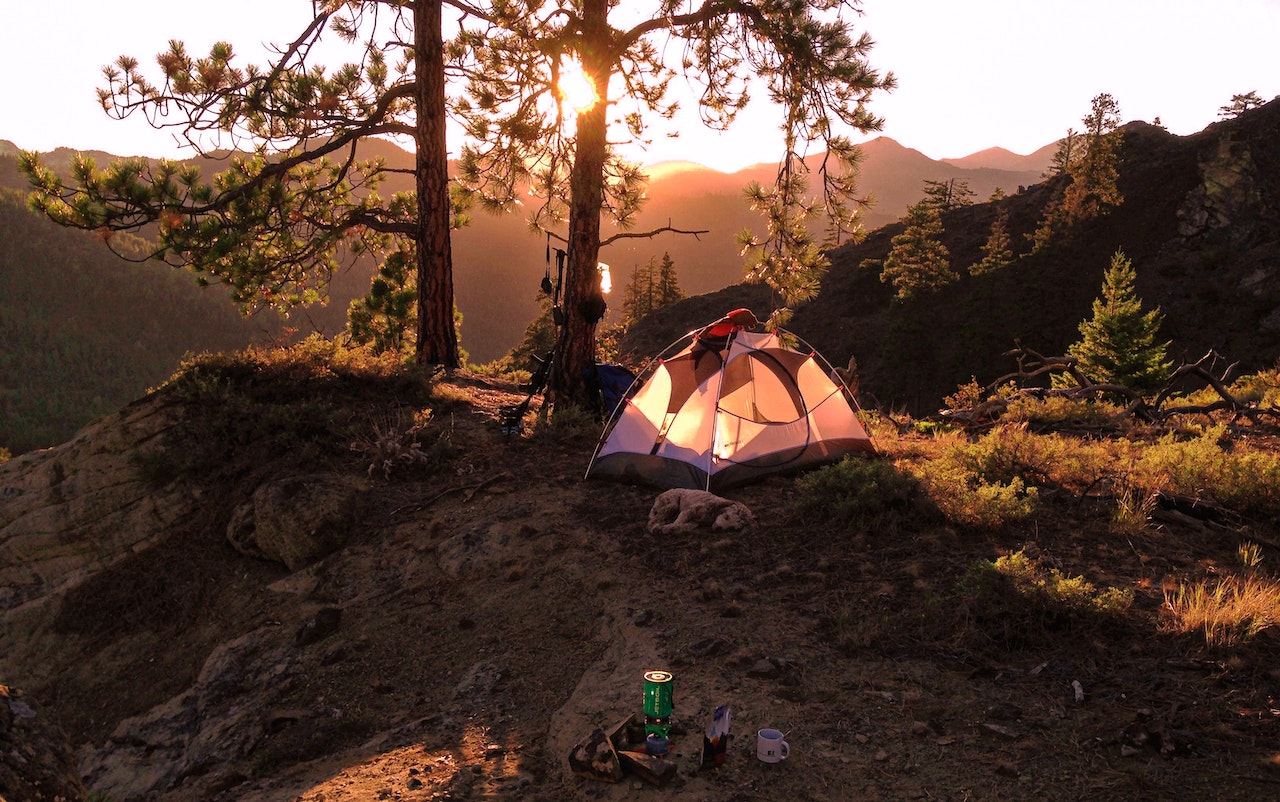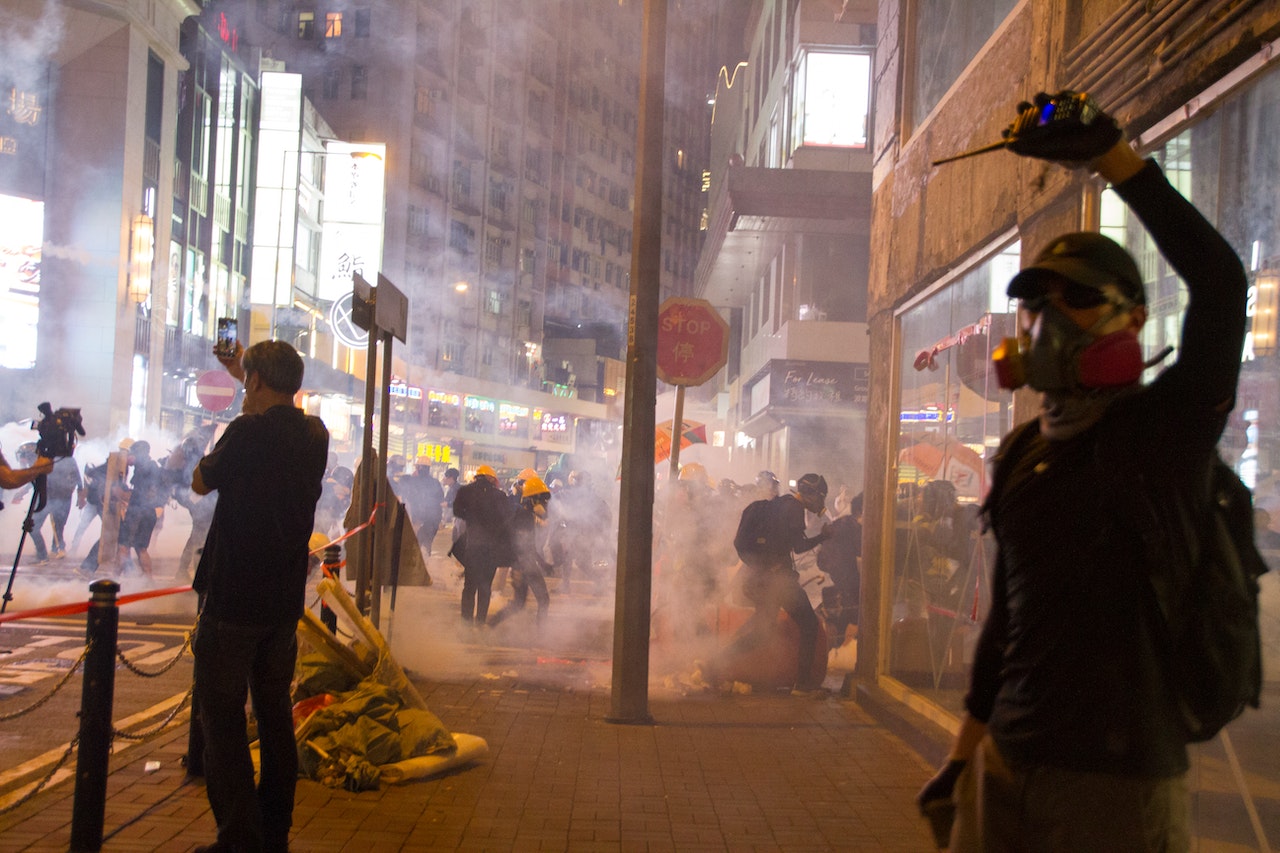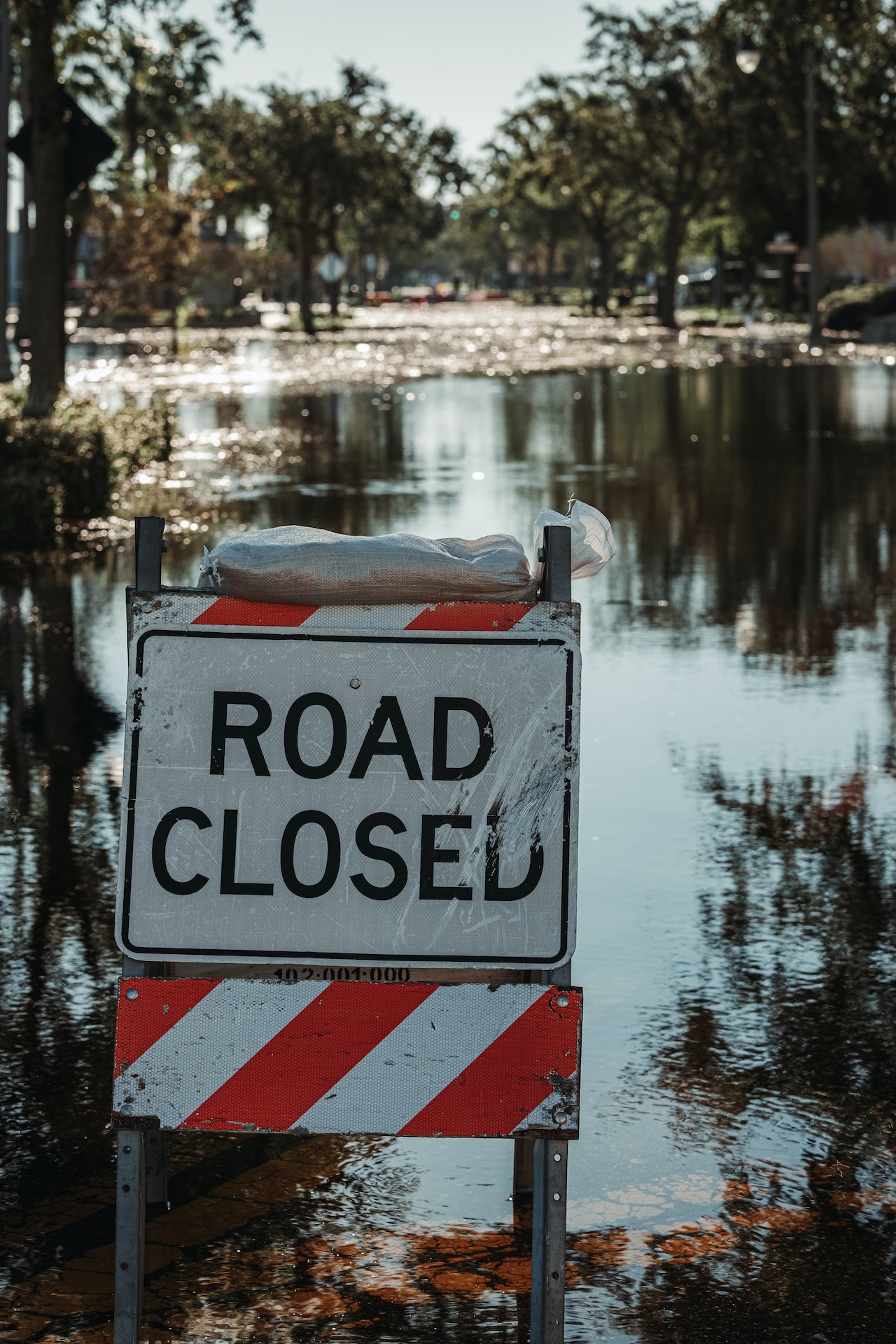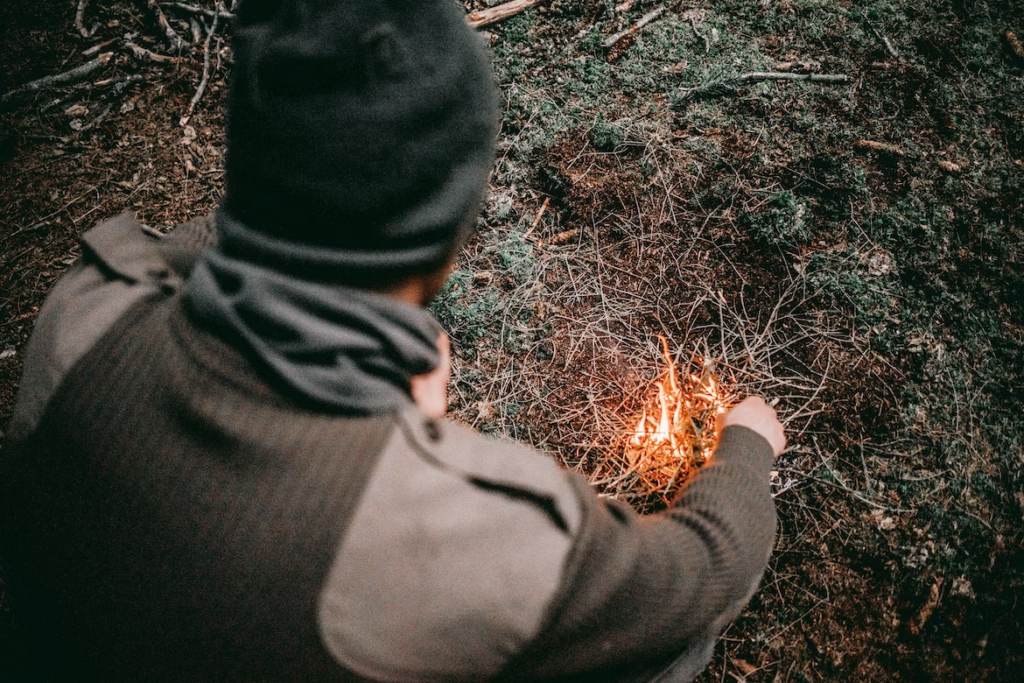Photo by: Nathan Moore Source: Pexels
Camping is an experience that has captivated the hearts of many throughout the ages. It’s an opportunity to connect with nature, take a break from the hustle and bustle of daily life, and spend quality time with loved ones. For first-time campers, however, the thought of going camping can be daunting. What do you need? How do you prepare? This article seeks to demystify the camping experience and provide a list of essentials for a memorable trip.
Understanding the Basics of Camping
Before diving into what you need, it’s crucial to understand what camping entails. Camping, at its core, is about experiencing the outdoors overnight. It can range from minimalist backpacking in the wilderness to “glamping” with luxury tents and amenities. For beginners, it’s essential to choose a style and location that matches your comfort level.
1. Types of Camping:
- Tent Camping: The most traditional form of camping, where you set up a tent at a campground or a chosen location.
- Backpacking/Hiking: Combining camping with hiking; you carry everything you need in a backpack and camp at different locations.
- Car Camping: Camping near your vehicle, often at designated campgrounds. It allows more gear and supplies since you don’t need to carry everything.
- Glamping: Luxury camping with amenities like beds, electricity, and sometimes even air-conditioning.
Essential Camping Gear for Beginners
For those looking to embrace the traditional tent camping experience, here’s a list of essential items:
1. Shelter:
- Tent: Ensure it’s weather-appropriate and adequately sized.
- Tent Pegs/Stakes: For securing the tent.
- Ground Tarp: For moisture protection.
- Sleeping Bags: Rated for the expected temperature.
- Sleeping Pads or Air Mattresses: For insulation and comfort.
2. Clothing:
- Weather-appropriate clothing: Layers are essential.
- Rain Gear: Lightweight and packable rain jacket and pants.
- Comfortable Footwear: Hiking boots or durable sneakers.
- Hats: For sun and cold protection.
- Gloves: If cold weather is expected.
3. Cooking and Food:
- Portable Stove or Campfire Equipment: Remember to check if campfires are allowed.
- Cookware and Utensils: Pots, pans, plates, utensils, etc.
- Cooler: For perishable food.
- Water: Bring ample, or a water filter if sourcing from nature.
- Non-perishable Food: Canned goods, pasta, rice, etc.
- Matches or Lighter: For starting fires.
4. Safety and Navigation:
- First Aid Kit: Stocked with essentials.
- Map and Compass or GPS: Even if you’re in a designated campground.
- Flashlight or Headlamp: With extra batteries.
- Multi-tool or Knife: Useful for various tasks.
5. Personal Items:
- Toiletries: Toothbrush, toothpaste, toilet paper, and personal hygiene products.
- Sunscreen and Bug Spray: Protect against sunburns and bug bites.
- Medications: Any personal medications, and perhaps some pain relievers.
6. Extras:
- Camp Chairs or Portable Seating: For relaxation.
- Camera: To capture memories.
- Books or Games: For entertainment.
- Notebook and Pen: Journal your experience.
Steps to Planning Your First Camping Trip
1. Decide on the Location: Research campgrounds, check availability, and consider factors like proximity to amenities or natural attractions.
2. Check the Weather Forecast: This will dictate much of what you pack.
3. Reserve a Campsite: Popular spots can get booked quickly.
4. Plan Your Meals: Think of easy-to-cook meals. Remember, you might not have the amenities you have at home.
5. Pack According to the List Above: Double-check so you don’t forget anything crucial.
6. Familiarize Yourself with Campsite Rules: Some places have restrictions on things like campfires.
7. Leave No Trace: Remember to clean up after yourself. The goal is to leave nature as you found it, preserving it for future generations.
Tips for a Successful First Camping Trip
- Test Your Gear Beforehand: Especially your tent. There’s nothing worse than realizing you’re missing tent poles as the sun sets.
- Arrive Early: Setting up in daylight is much easier.
- Store Food Properly: In some areas, wildlife might be interested in your snacks. Learn about local wildlife and how to store food safely.
- Stay Safe: Stay on designated trails, let someone know where you’re going, and keep a charged phone or emergency device with you.
- Conclusion
- Camping can be a soul-refreshing experience. It’s a way to reconnect with nature, spend time with loved ones, and enjoy simple pleasures. While it might seem intimidating at first, with the right preparation, even first-timers can have a memorable outing. So pack your bags, choose your spot, and dive into the world of camping. Nature awaits



